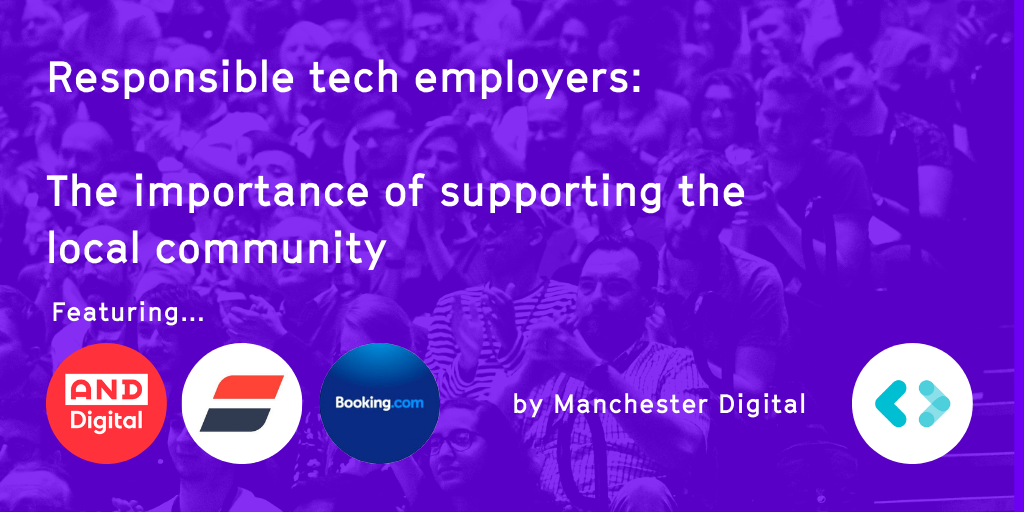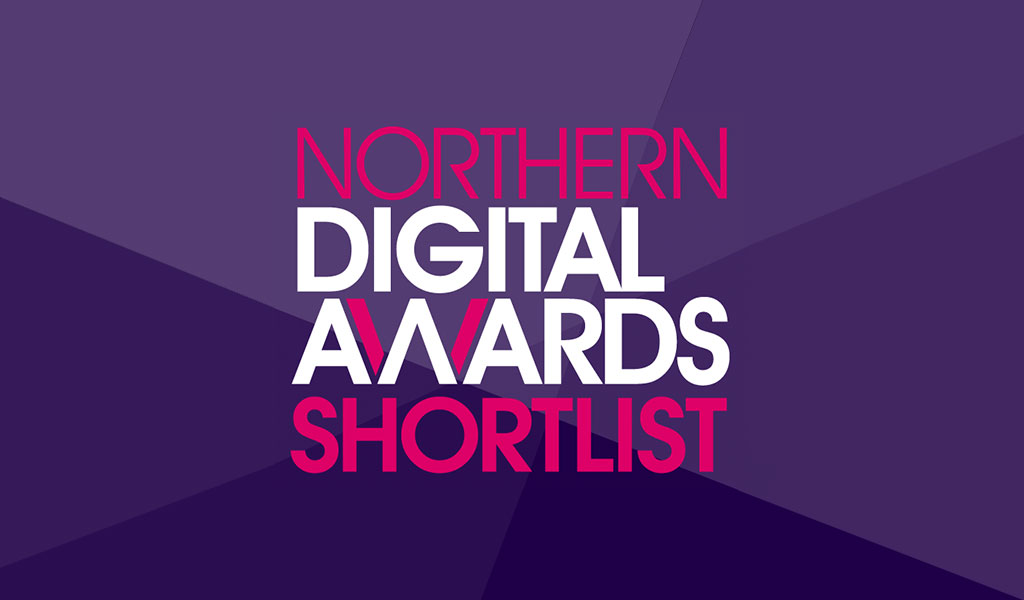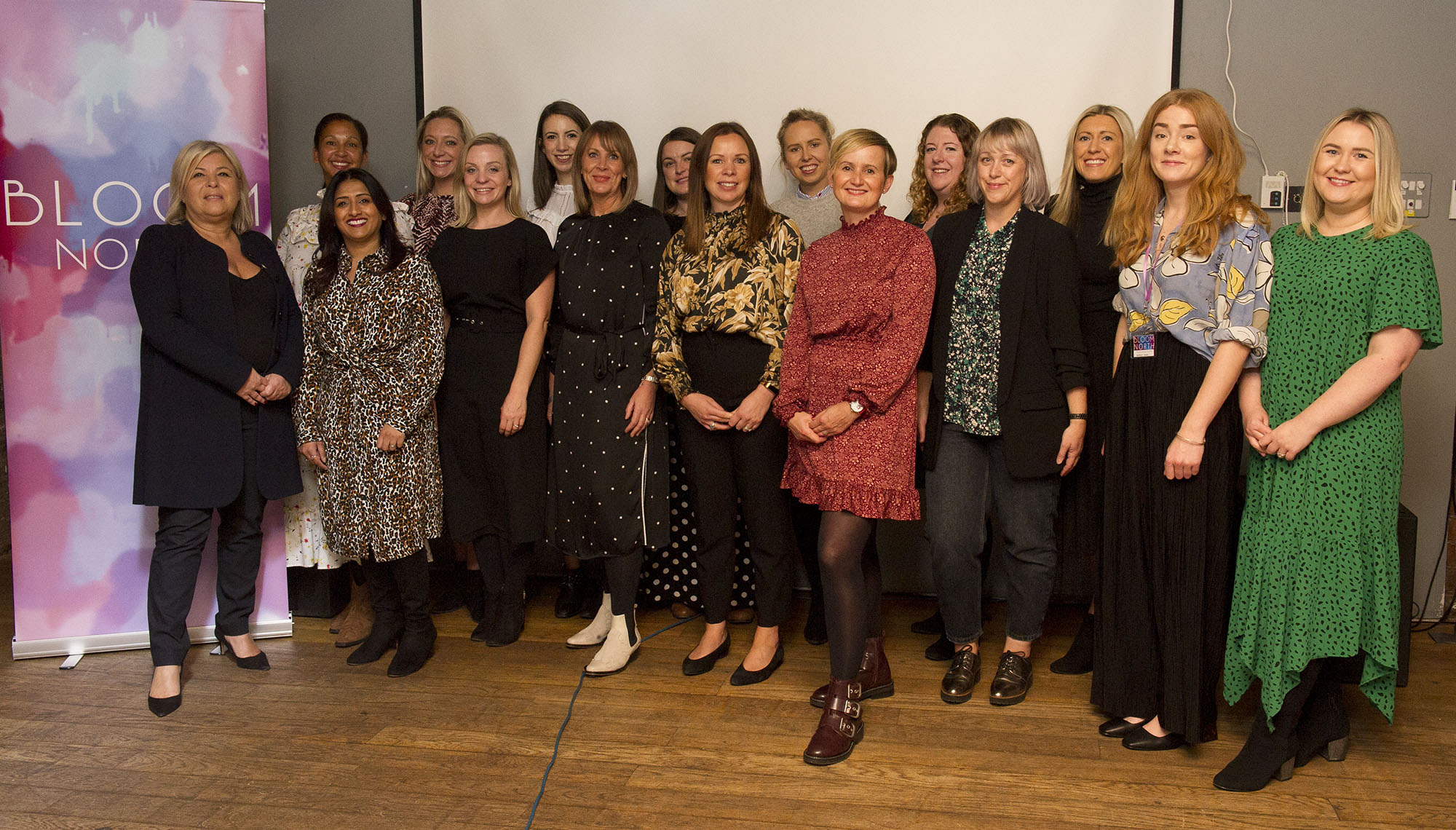
Mental health has taken priority on business agendas amid concerns that Covid-19 may trigger or worsen mental health conditions and in an attempt to support their workforce through unprecedented times.
Why we should talk about mental health in the workplace
At any given time, 1 in 6 working age adults in Great Britain experience diagnosable mental health conditions (depression, anxiety, etc.), and a further 1 in 6 have symptoms which don’t meet the criteria for diagnosis (sleep problems, fatigue, etc.) government statistics show. The cost of mental health issues to the economy (£105 billion) is similar to the entire budget of the British National Health Service NHS according to the BrodwayHouse Chambers.
These are pre-Covid statistics. Under Covid-19, some people could be developing a mental illness for the first time or existing problems could be worsening says the British Medical Association.
We care for our employees
While this is concerning, our main driver to prioritise mental health in the workplace ties back to our values: At Zuhlke, we truly value our people and care for their wellbeing. We’re not primarily looking to fight mental health illnesses; we strive to establish mental health and wellbeing as a default by cultivating a workplace where everyone feels included and can thrive.
To achieve this, we consider it key to emphasise psychological safety in the workspace. Psychological safety refers to a shared belief held by team members that the team will openly welcome one’s input and not reject someone for speaking up. As a part of cultivating psychological safety, everyone at Zuhlke is encouraged to communicate and pursue their ideas, and more importantly, they’re okay to fail. We actively maintain a no-blame culture where people can safely try out things and fail as a part of their learning journey or while discovering new innovative ideas.
Another key factor that has been found to increase a happy work-life is ‘pursuing meaning and direction’ at work. Therefore, we support our people’s growth by understanding their goals and making 10% of our annual turnover available for their professional development. Our line managers act as career coaches and help map out individual journeys and milestones with their team members. They help identify tailored learning, knowledge exchange or mentorship programs that support their learning, and a milestone reached means their team member got a step closer to their goal.
We also believe that front and centre in cultivating a healthy work environment is transparency. This offers people insights (which builds trust and stability) and opportunities to contribute. The platforms are not rocket science: Besides email updates and group chats, we host monthly townhall meetings where we openly talk about our operations, projects, sales pipeline and innovations within the business. Of course, every team has further meetings – both professional and social – where they share updates and connect with one another.
Hand in hand with transparency goes an open dialogue – another integral part of our culture. We prioritise conversations around mental wellbeing as a part of our daily work and meetings, but also in the form of educational workshops. This has helped raise awareness, reduce stigma and give people the confidence and vocabulary to speak about challenges – mental health issue, or helpful exchanging on wellbeing practices.
Lastly, a strong social network plays a vital role in people’s mental health. Our colleague Szymon Debsky, Senior Data Scientist, has shared his views on this aspect at Zuhlke and the impact of strong social connections in the workplace.
Making mental health a priority
We don’t claim to have the perfect solution for mental health in the workplace; however, we have invested in initiatives to support our people:
Besides working with our health benefit providers in expanding our mental health related offering, we engaged a mental health trainer to deliver a workshop for our colleagues as a first step in developing awareness and getting equipped with a basic toolkit to provide support for each other.
We have also trained two cohorts of certified Mental Health First Aiders in collaboration with MHFA England, where participants get a deeper insight into mental health conditions and first aider techniques during an intense two-day course.
Mental health considerations have also invaded our daily planning and decision-making processes. Our leadership team makes the team’s wellbeing a key priority in both – mapping out their career goals, as well as in planning their daily work and projects. Principle Agile PM Caz has recently published a blogpost about her Mental Team Health Indexing practices - read more to find out how you can get started on measuring your team's wellbeing.
Don’t consider mental health 'done'
Mental health needs to be an ongoing conversation and for us as an organisation, it’s key that we provide a work environment that emphasises mental wellbeing.
Further to raising awareness and making support available, we will keep strengthening factors of our culture that emphasise a happier work-life. According to MHFA England, such factors include meaningful responsibilities and the possibility to try out new things. Furthermore, it includes ‘acceptance’, ‘relating’ and ‘giving’, which emphasise the importance of a healthy network and strong bonds within and across teams.
We’ve also been pleased to witness our people’s self-initiative. Some colleagues have gone above and beyond in sharing their knowledge and advice around mental wellbeing across the group. We’ve had a series of talks around “Wellbeing during a crisis” and “mental health in the time of adaptation”, and more talks and a wellbeing newsletter are being introduced by our newly certified Mental Health Frist Aiders and other passionate team members.
After all, it’s a combination of intentional education and support initiatives, as well as healthy practices in our daily work, that shape our approach to mental health. And we keep learning as we progress on this journey.








